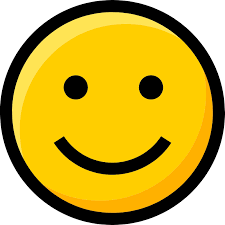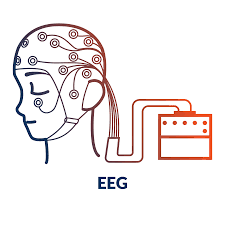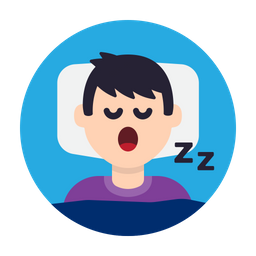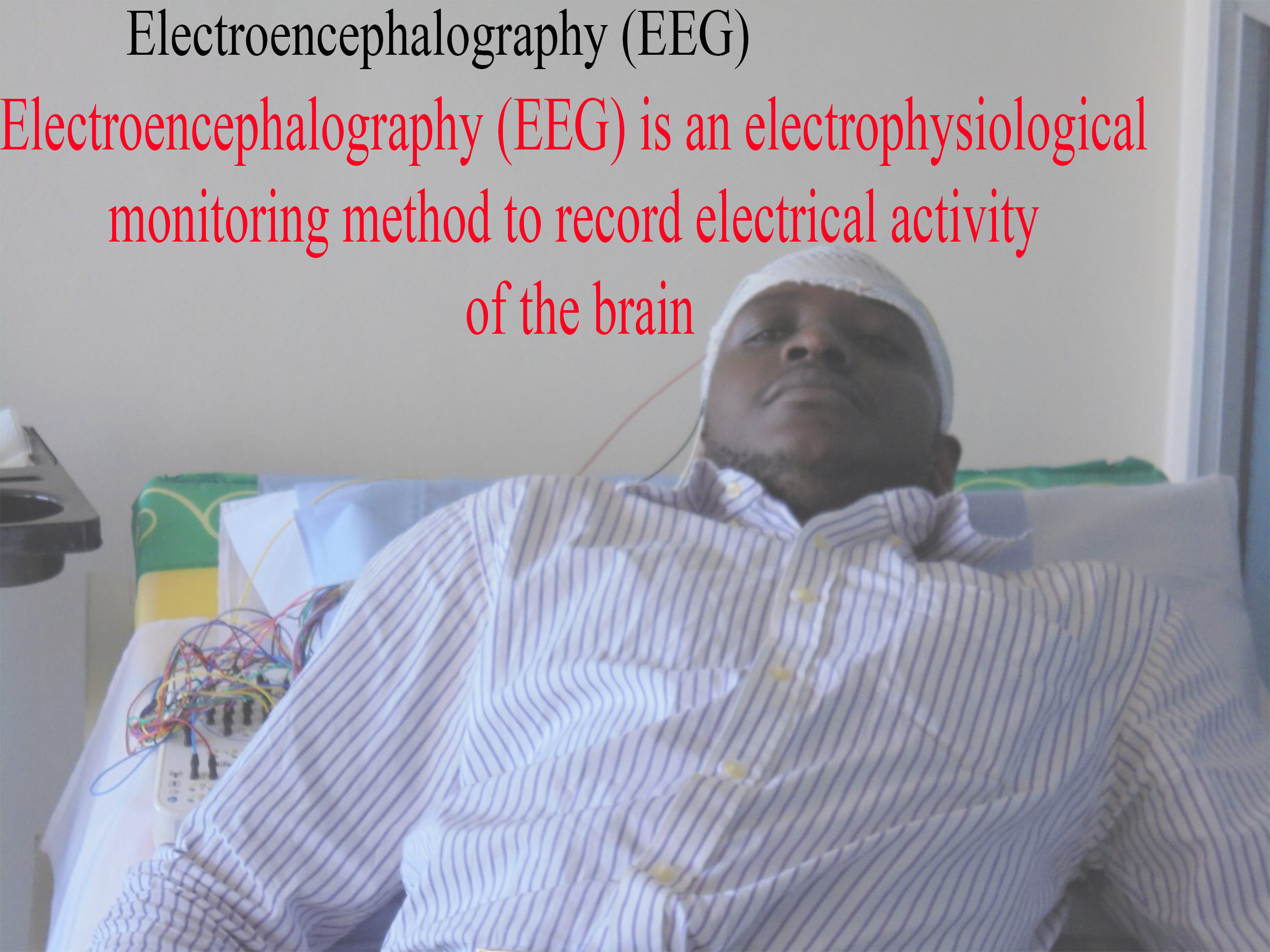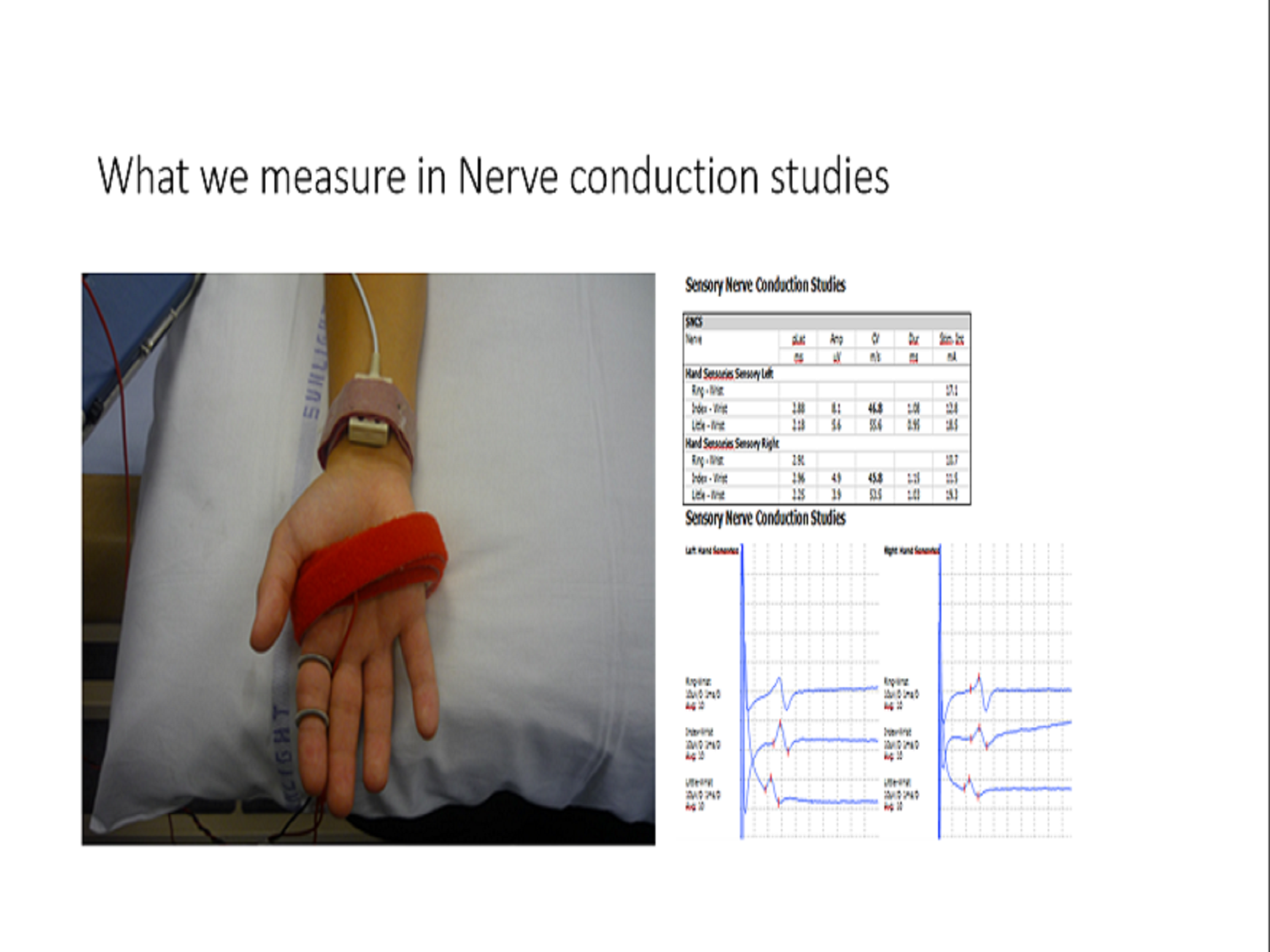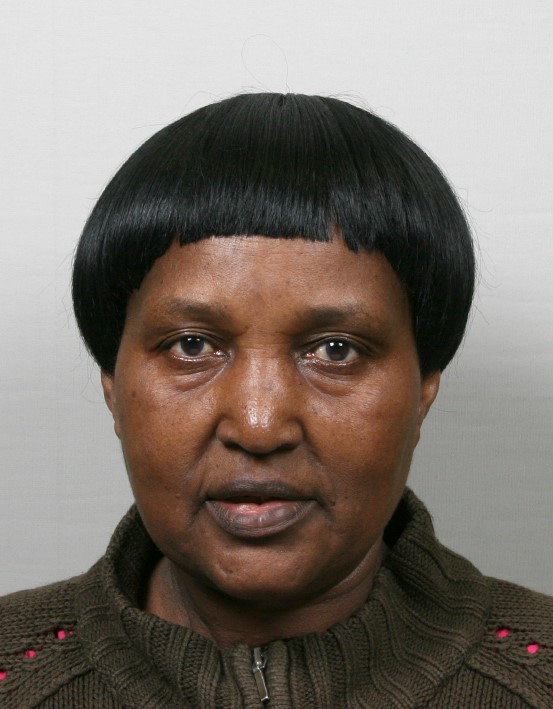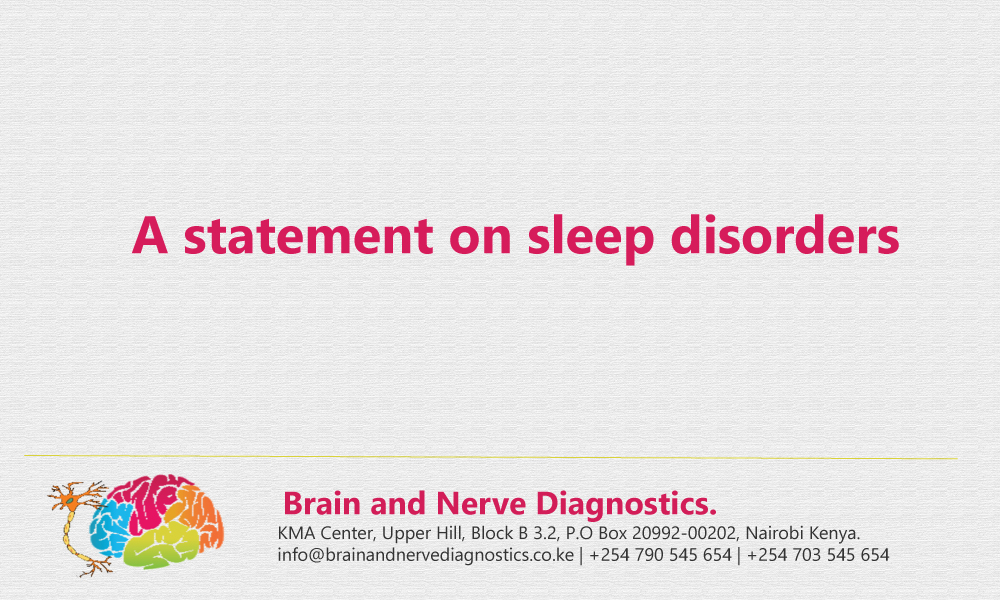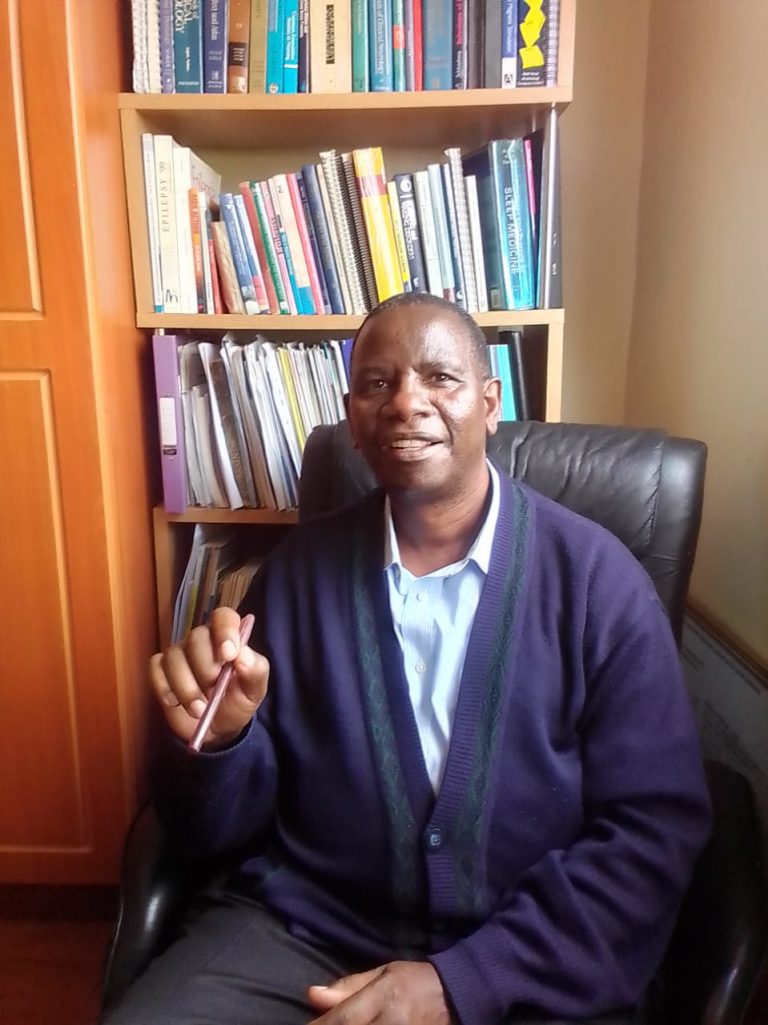Who requires sleep study?
Everyone experiences sleep difficulties from time to time. However, when one has persistent trouble falling asleep or staying awake or sleep that characterised by disturbance or unable to function during the day due to sleepiness, it is probably a sleep disorder. It is important that someone presenting with a sleep complaint is properly
evaluated to determine the nature and severity of the sleep problem. Such person may be referred for a sleep study.
What does it show?
They help in identifying and classifying sleep disorders. They can also be used to monitor treatment. Some of the sleep disorders evaluated include sleep apnoea, Narcolepsy, sleep walking, sleep talking, night terrors, restless leg
syndrome, periodic limb movements in sleep, Rem behaviour sleep disorders, nocturnal frontal lobe seizures etc
-
Where is it done? -
Depending on the type of sleep study, the test can be carried out at home, in a hotel room,
on the hospital room or specialised sleep laboratory.





